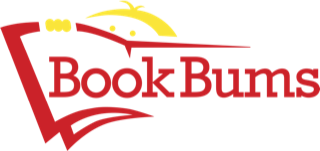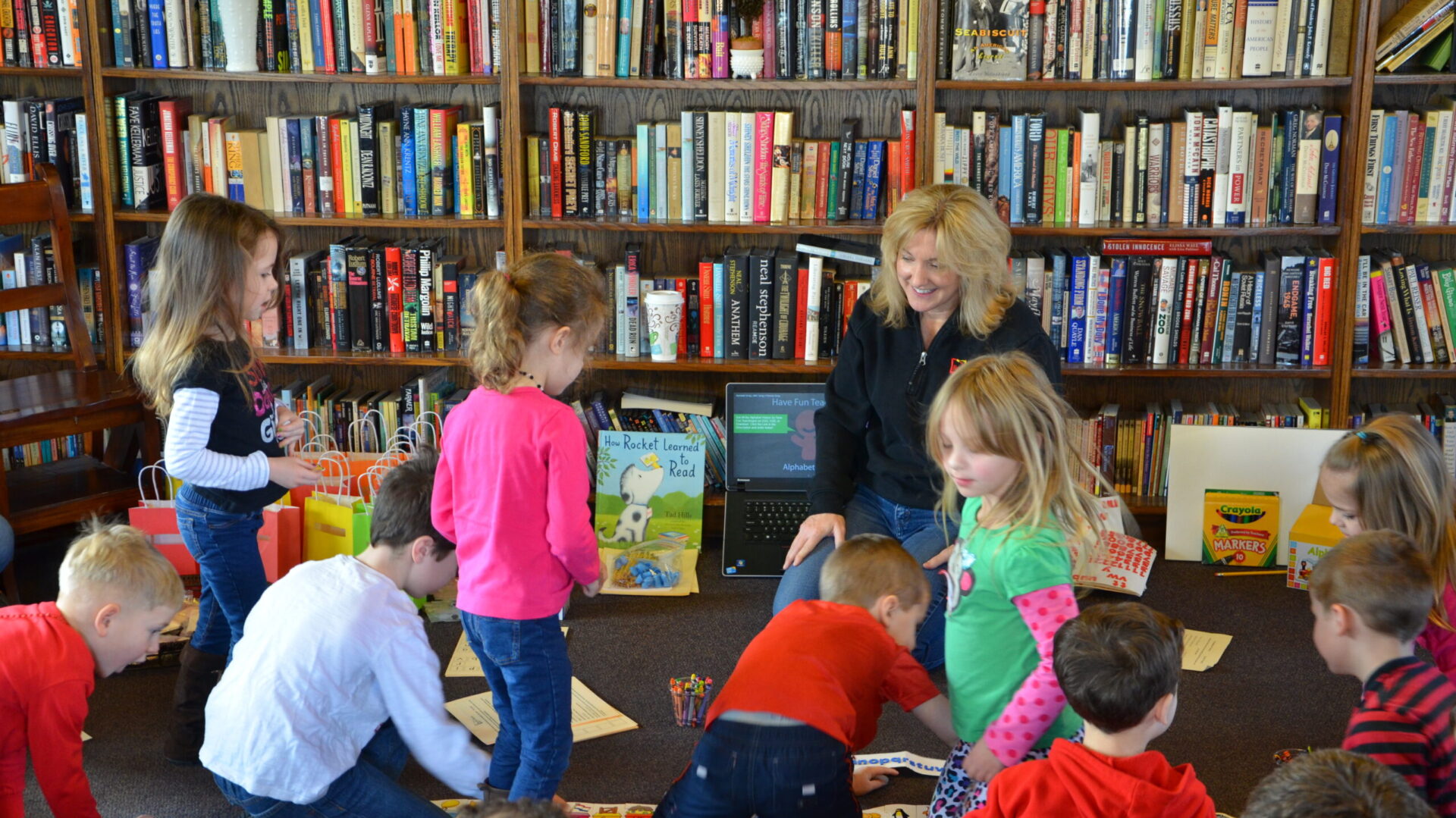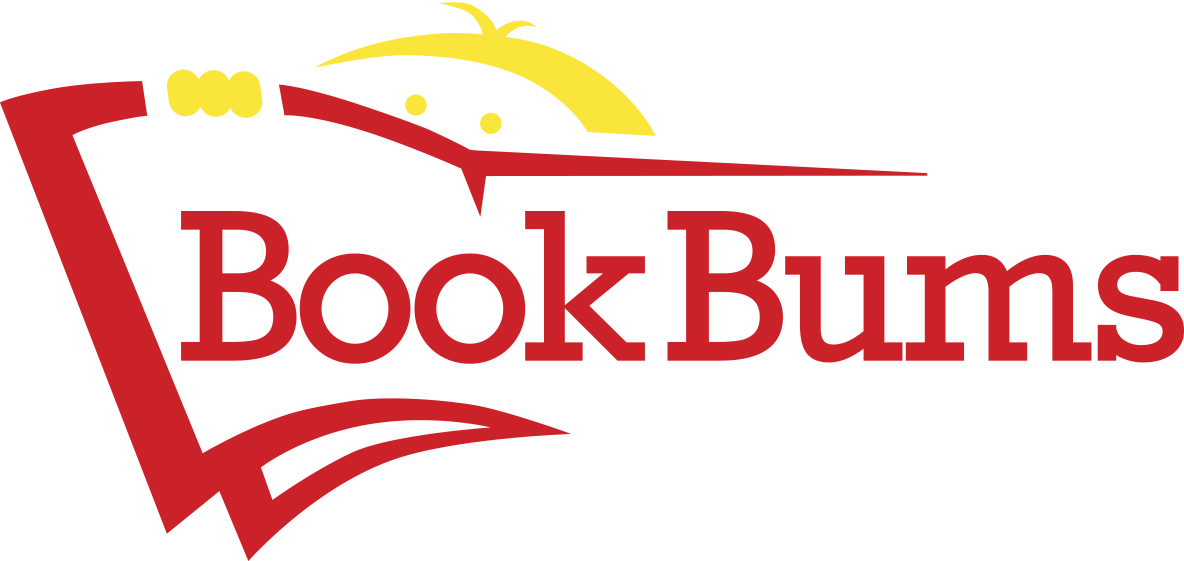
Hello Book Bums families!
Are you taking a road trip this summer? Here is a puzzle (from NPR's Sunday puzzles) all about summer vacation destinations. You can challenge family members to guess as you roll down the highway.
This week in the newsletter we have more favorite books, summer poetry, a homonym challenge, and as always, tips from Dr. Christy to help make learning to read fun. Enjoy!
Bookbums.com is an Amazon Associate; We earn from qualifying purchases. This means that if you click on a link to Amazon.com and make a purchase, We may earn a small commission at no extra cost to you. We do recommend the products. Feel free to find them by other means.
At the end of this newsletter find links to free Kindle books.
Word of the Week
eschew (eh-schoo) verb/action word - to avoid or shun
Vegetarians eschew menu choices with meat.
Literary Calendar
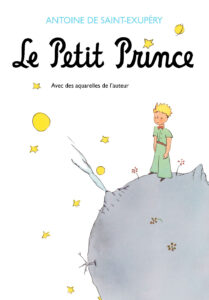
June 29 is the birthday of French author and aviator, Antoine de Saint Exupery.
He is most famous for the classic, The Little Prince, published in 1943.
This philosophical tale explores themes of exploration, loneliness, and friendship.
Explore the official website to learn more about the book and its influence.
"It is only with the heart that one can see clearly.
What is essential is invisible to the eye."
-from The Little Prince
From our Bookshelves
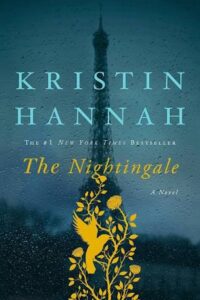
If you haven’t read it yet, add this one to your summer reading list. It’s a captivating story that is sure to rejuvenate your inner Book Bum.
Perhaps you know that one definition for bum is a person who devotes a great deal of time to a particular activity like a ski bum or a beach bum. This is the definition of bum at play in the name Book Bums. We’re readers who devote a great deal of time to reading books—even to the point where we may neglect some things we should be doing instead.
During the week I was reading The Nightingale, I continually looked for opportunities to get back to my book. I can see why this is Hannah’s most popular and beloved book. It’s absolutely captivating, and for that week I was, truly, a book bum.
Hannah said she decided to write the book after discovering the story of a young Belgian woman who’d created an escape route out of Nazi-Occupied France.
Having just read Hannah’s most recent book, The Women, the similar themes are clear. Both stories feature women who put themselves in harm’s way to save others, and they both challenge us to consider how we’d respond when in grave danger. Hannah shared the very heart of The Nightingale saying, “In love we find out who we want to be; in war we find out who we are.”
Tips for Readers and Writers
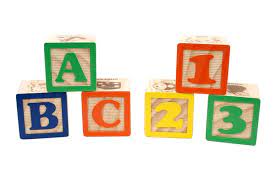
There are lots of things to consider when a student is struggling to read and/or spell well, yet I rarely perform assessments with children presenting with symptoms of a learning disability. Most every student with whom I meet for our free assessment is perfectly bright, and I continually hear myself sharing that the problem they’re having with learning to read and spell well is not them. The problem is that they simply have not been taught in a way that makes sense to them—yet.
I often ask parents how their student is doing in math, and they say things like, “S/he’s a math whiz,” or “Those MAP scores are great.” That’s when I know that this will likely be quick and fun fix for the whole family.
Our Foundations for Literacy curriculum works for everyone—even kids with severe dyslexia—but the growth is especially fast and fun for kids who are mathematically minded.
You see, at Book Bums, we make learning to read make sense. If kids have facility with numeracy, you can expect facility with literacy when the instruction they receive is explicit and systematic.
It’s not this:
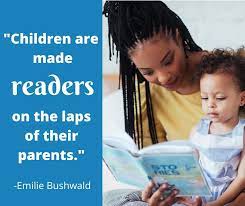
It is probably true that children are made lovers of books on the laps of their parents, but they don’t become readers, necessarily, because their parents read to them. Do you know how many parents feel guilty because their kids aren’t strong readers? Even if they’ve been reading to their kids.
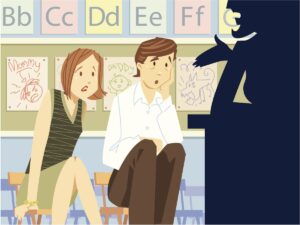
The fact is, reading to our kids isn’t sufficient. It’s WONDERFUL, and we should absolutely do it, for the rewards are great; but enjoying stories together does not equip kids to navigate our code-based language. For most kids (mathematically minded or not), that requires explicit and systematic instruction.
Can we agree that if professional educators are struggling to equip kids to read and spell well (and they are), parents can and should eschew the guilt? Let’s!
Tips for Families (and Teachers)
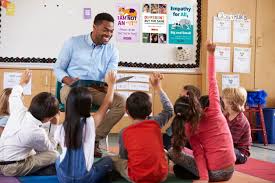
When I was learning to be a teacher, it was common practice (to try to engage students in a lesson) to begin a lesson by asking, “Who knows . . .?” or “Who can tell me . . .?” Little hands would shoot up into the air, and teachers would call on one eager student only to have the wrong answer shared (and that incorrect answer was nearly irreversibly stuck in the other students’ minds), or the same student was always answering the questions while the other students’ minds wandered, or the student who was called upon went on and on— taking the whole class off track.
Today we know better.
It’s more effective and efficient to simply tell the students what you want them to know.
Oh, sure. There are times when you’ll invite children to share their thinking. That’s really important. But if what you’re teaching is a factual concept, it’s better to simply state it.
Besides, if you feel that lots of kids already know the answer and could answer your question, why are you “teaching” that anyway?
Practical Grammar
Homonym Match-Up Challenge
*Remember, homonyms are words having the same pronunciations.
Do you know which definition goes with which word? Use your finger to draw a line connecting the correct definition to each word.
medal the courage to carry on
metal to interfere
meddle solid material capable of conducting electricity and heat
mettle an award for a contest or achievement
Check your answers by inferring the meaning conveyed in the following sentences.
I won a medal for placing second in the baking competition.
Magnetic elemental metals include iron, cobalt, and nickel.
It is impolite to meddle in someone else’s affairs.
To test his mettle, the coach invited the talented JV player to practice with the varsity team.
Pause for Poetry
June
by John Updike
The sun is rich
And gladly pays
In golden hours,
Silver days,
And long green weeks
That never end.
School’s out.
The time Is ours to spend.
There’s Little League,
Hopscotch, the creek,
And, after supper,
Hide-and-seek.
The live-long light
Is like a dream,
and freckles come
Like flies to cream.
News from Book Bums
You know what? We were onto something! There’s a spot in NYC called the Book Club Bar, and honest to goodness, it’s so much like our original Book Bums (except they’re a bar too—which many Book Bums suggested we should have added.)
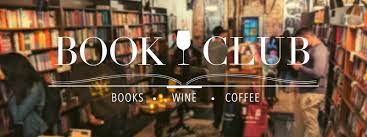
We’re heading to NYC next week, and I’m so excited to visit this space! And Strand. We always try to make it to my favorite NYC bookstore to spend some time with other book lovers amongst miles and miles of bookshelves.
That’s the best part of visiting NYC often. After a while you’ve done all the touristy things and you get to enjoy the simple delights of sipping delicious coffee drinks, sampling lots and lots of scrumptious bakery treats, and perusing wonderfully curated bookshelves.
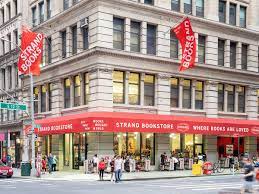
Just for Fun
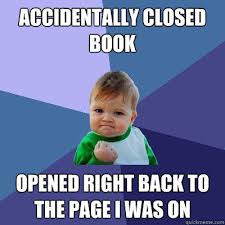
Read Free Kindle books with the Kindle app!
If you know someone who would benefit from our newsletter or tutoring at Book Bums, please share this email with them! Thank you.
Copyright © 2024 Book Bums, All rights reserved
Our mailing address is:
7967 Cincinnati-Dayton Road Suite L
West Chester, OH 45069
